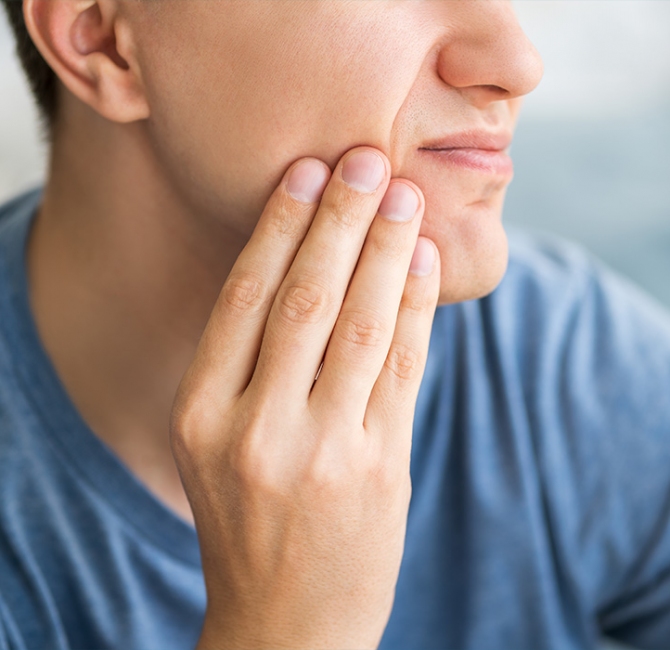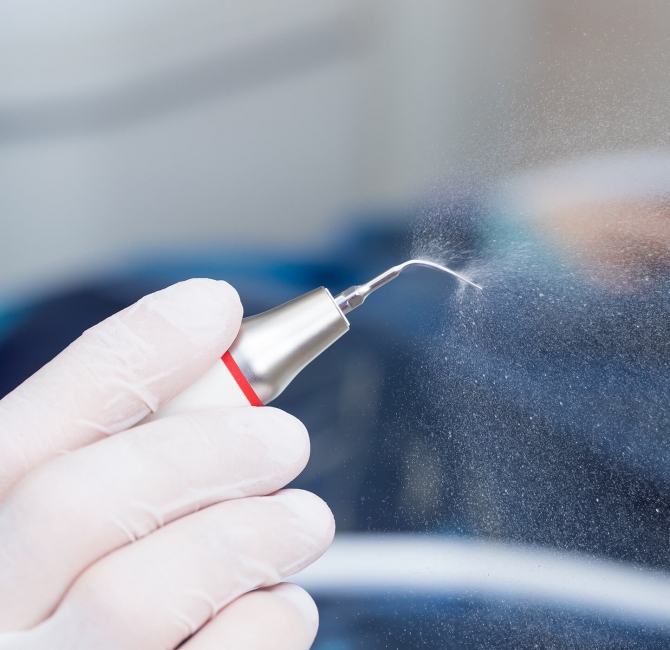Oral cancer is cancer within the oral cavity, including the buccal mucosa, gingiva, anterior two-thirds of the tongue, floor of the mouth, hard palate, and retromolar trigone. Oral cancer remains the sixth most common cancer globally and is a major health concern in both high- and low-income countries. According to the World Health Organization, there are an estimated 657,000 new cases of cancers of the oral cavity and pharynx each year and more than 330,000 deaths. The development of oral cancer has been linked to factors such as tobacco and alcohol use, poor diet and nutrition, excess body weight, human papillomavirus (HPV) infection, poor oral hygiene, and male sex.
Regular oral healthcare visits are integral to maintaining oral health and minimizing risks associated with a delayed and more severe cancer diagnosis. The COVID-19 pandemic, in addition to interrupting the continuity of care and preventative healthcare visits, has led to a dramatic increase in certain risk factors for oral carcinogenesis, including increased use of tobacco and alcohol, poor diet, and increased rates of obesity and poor oral hygiene. Understanding the impact of practice restrictions on oral healthcare and oral cancer diagnosis and progression is critical.
The paper by Nath et al. (2022) reviews the risk factors for oral cancers and their changing trends during the COVID-19 pandemic. The authors recommend oral healthcare practitioners identify changes in clients’ lifestyle behaviours and provide education on the oral systemic risks associated with increased alcohol and tobacco consumption and the impact of poor diet, nutrition, and oral hygiene. They also advise oral healthcare practitioners to be aware of rises in oral cancer risk factors, increase oral cancer screening measures for all clients, and educate clients how to conduct oral cancer self-examinations. The authors conclude oral healthcare professionals must be conscious of the lasting impact the COVID-19 pandemic may have on oral cancer outcomes for decades, owing to altered lifestyle habits that have formed since March 2020.



